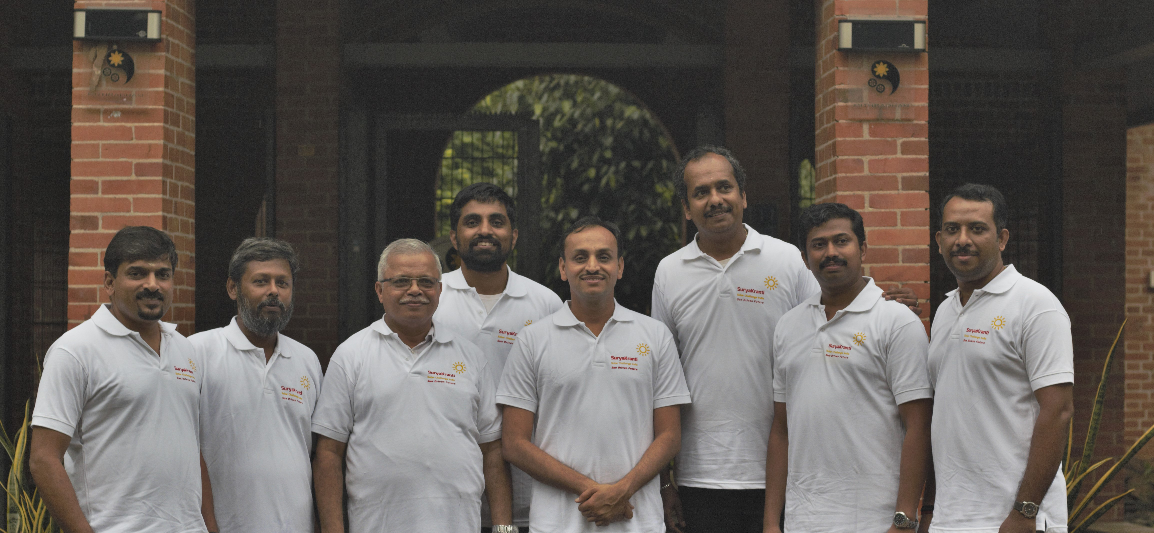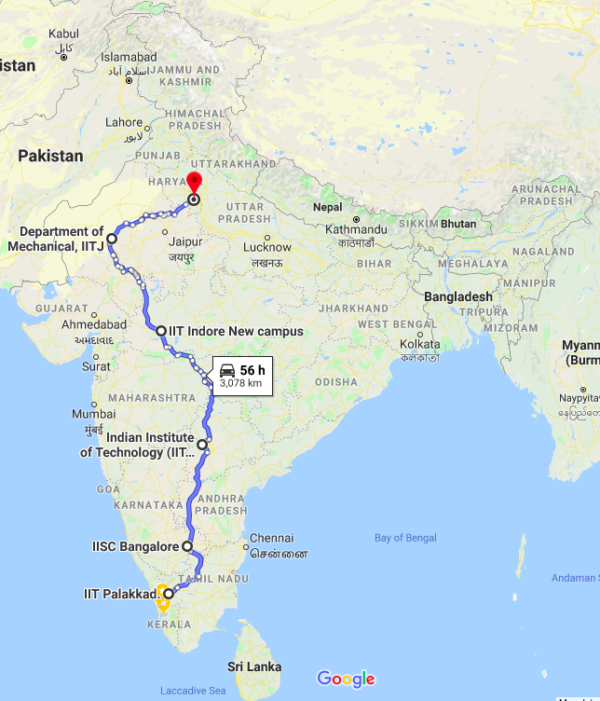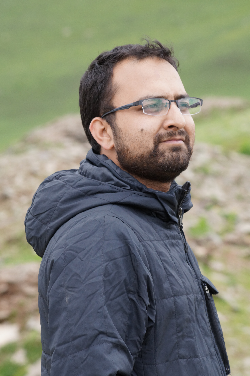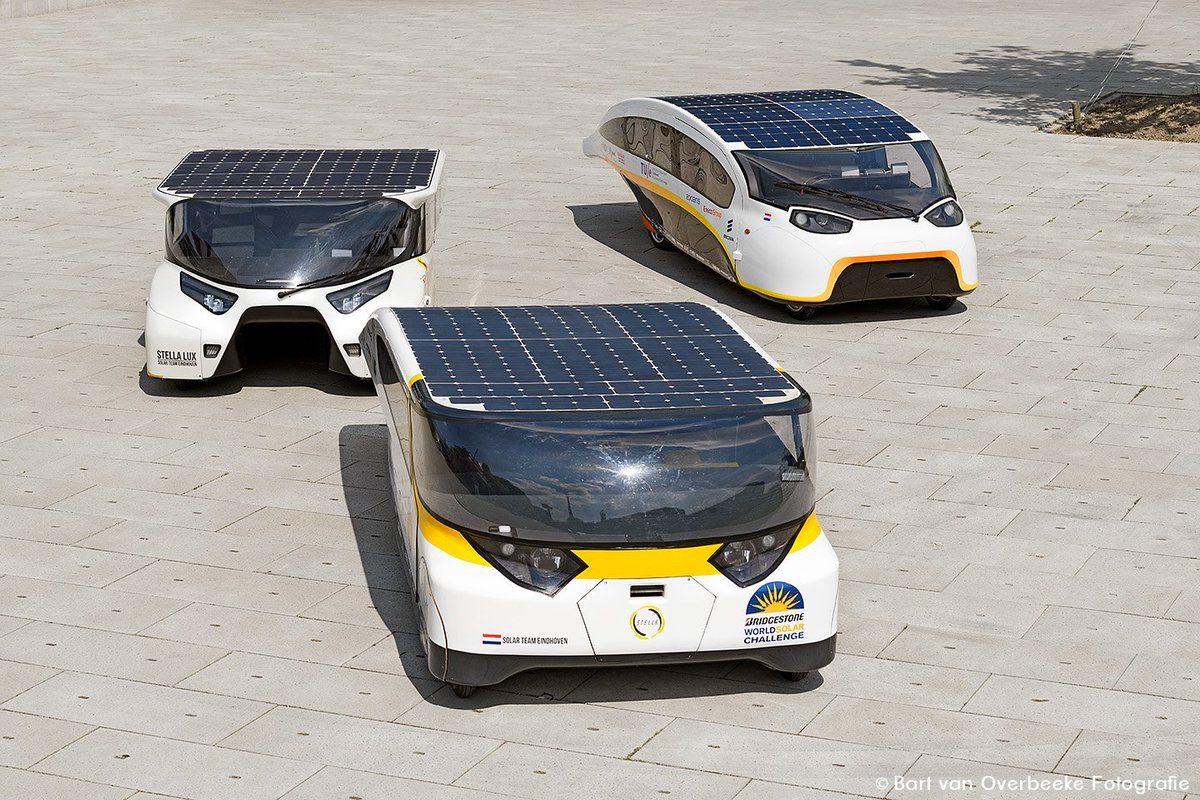India ranks #52 out of 129 countries in the Global Innovation Index 2019, according to the World Intellectual Property Organisation (WIPO). Although the country has made significant progress in improving it’s innovation ranking, we are far behind other advancing economies like China (17th place) & South Korea (12th place).
Moreover, just seven Indian universities were ranked in the top 400 universities by the QS World University Rankings for 2019. The experts are of the opinion that the main reasons for such a state of affairs is a lack of vision and a deep focus on marks/exams, which can hinder original thought. The lack of industry academia partnerships often translates to research that is either not pragmatic enough to be used or there are lack of enough funds to do meaningful work.
One way to enhance India’s position in the world is by helping our pupils compete among themselves on both a national and an international level. This will add to their knowledge base and enthusiasm. Emerging areas in the industrial world, coupled with academic linkages have a strong potential to develop a symbiotic relationship between our academia and industry.
Solar challenge
The ‘SuryaKranti Solar Challenge’ is one such event through which we aim to develop a deeper collaboration between Indian industry and its engineering colleges. The event, on the lines of World Solar Challenge-Australia, aims to drive the culture of innovation in India by trying to solve a great challenge of climate change: building a sun powered car and driving it for a significant distance.

Image: Bridgestone World Solar Challenge/Bart van Overbeeke Photography
The students will drive a solar power car, which shall get energy from the solar panels mounted on the car itself and through batteries. The charging shall be allowed from the grid, but points shall be deducted and more weightage shall be given to clean power driven source. The car should attain a speed of 60 km/hr and should have enough endurance to run long distances while seating at least two people.

Image: Bridgestone World Solar Challenge/Bart van Overbeeke Photography
India has made significant strides in clean solar power development over the last few years. From a mere 10 MW installed solar capacity in 2010, the capacity now stands at 30,000+ MW. The country has an ambitious target of reaching 100,000 MW of solar power by 2022. The electric vehicle segment is picking up at a triple digit growth rate in India and many experts believe that internal combustion engines shall be replaced by electric vehicles (EV’s) much sooner than earlier anticipated.
EV challenge
The challenge for faster adoption of clean EV’s and meeting the solar targets is great and cannot be solved by looking at global solutions. India’s problems are unique and hence would need indigenous solutions that have to be arrived at locally and not the solutions engineered across the seas.
‘SuryaKranti Solar Challenge’ aims to bridge this divide and it will get the required support from ministries, government departments, private and public sector industries to help the students create a truly world class event. This will popularize the use of clean energy and enhance the culture of innovation in India.
It will be a great platform for students to showcase their talent; for the government to get the message of grass-root domestic innovation, clean energy and focus on industry academia partnership delivered at the ground level; for clean energy companies the race will help to popularize use of EV’s and solar technologies; for auto industry to showcase their technological competence and similarly for many other players to highlight their achievements. It will also be a good platform for reach organizations to commercialize their technologies.
The event shall get the support from various industries for equipment supply at cheaper price so that resource is not a constraint for the right talent. The event would require the students to learn in cross functional teams and thus boost their pragmatism. It is being organized by some of the pioneers in various fields and the students will be mentored by them. The best teams shall be sent to participate in competitions across the globe to learn and imbibe new technologies and create an Indian story across the globe.
About the author

Iqbal Abdulla Hakim works with NTPC, Mumbai. He is a Mechanical Engineer from NIT Srinagar, Chevening scholar in Power Engineering from University of Manchester.
The views and opinions expressed in this article are the author’s own, and do not necessarily reflect those held by pv magazine.
This content is protected by copyright and may not be reused. If you want to cooperate with us and would like to reuse some of our content, please contact: editors@pv-magazine.com.








The work by Surya Kant’s challenge is done is truly inspirational and gives an outlook to the young generation. I particularly motivated and inspired by their efforts.
Thanks
Sanchit